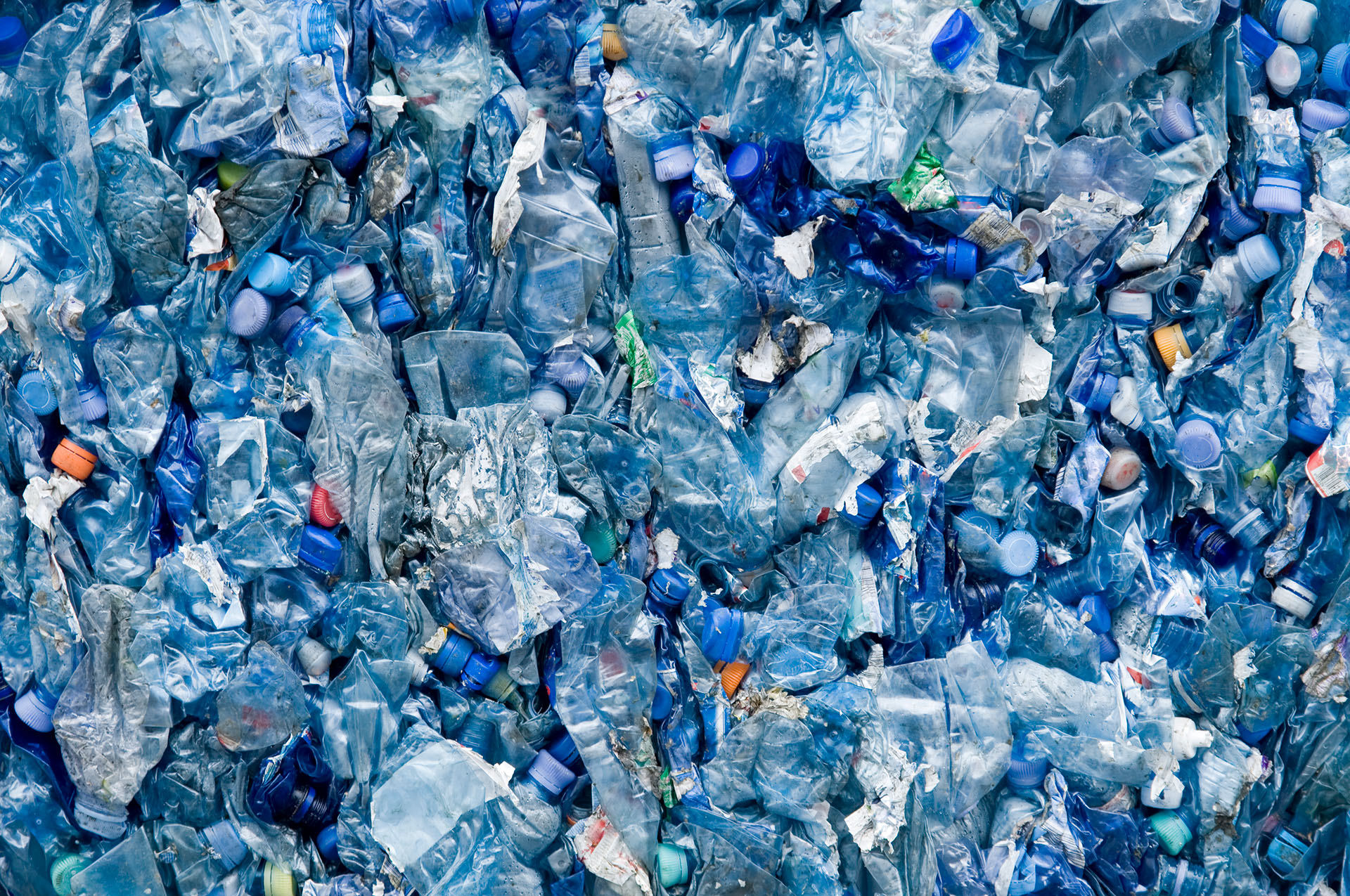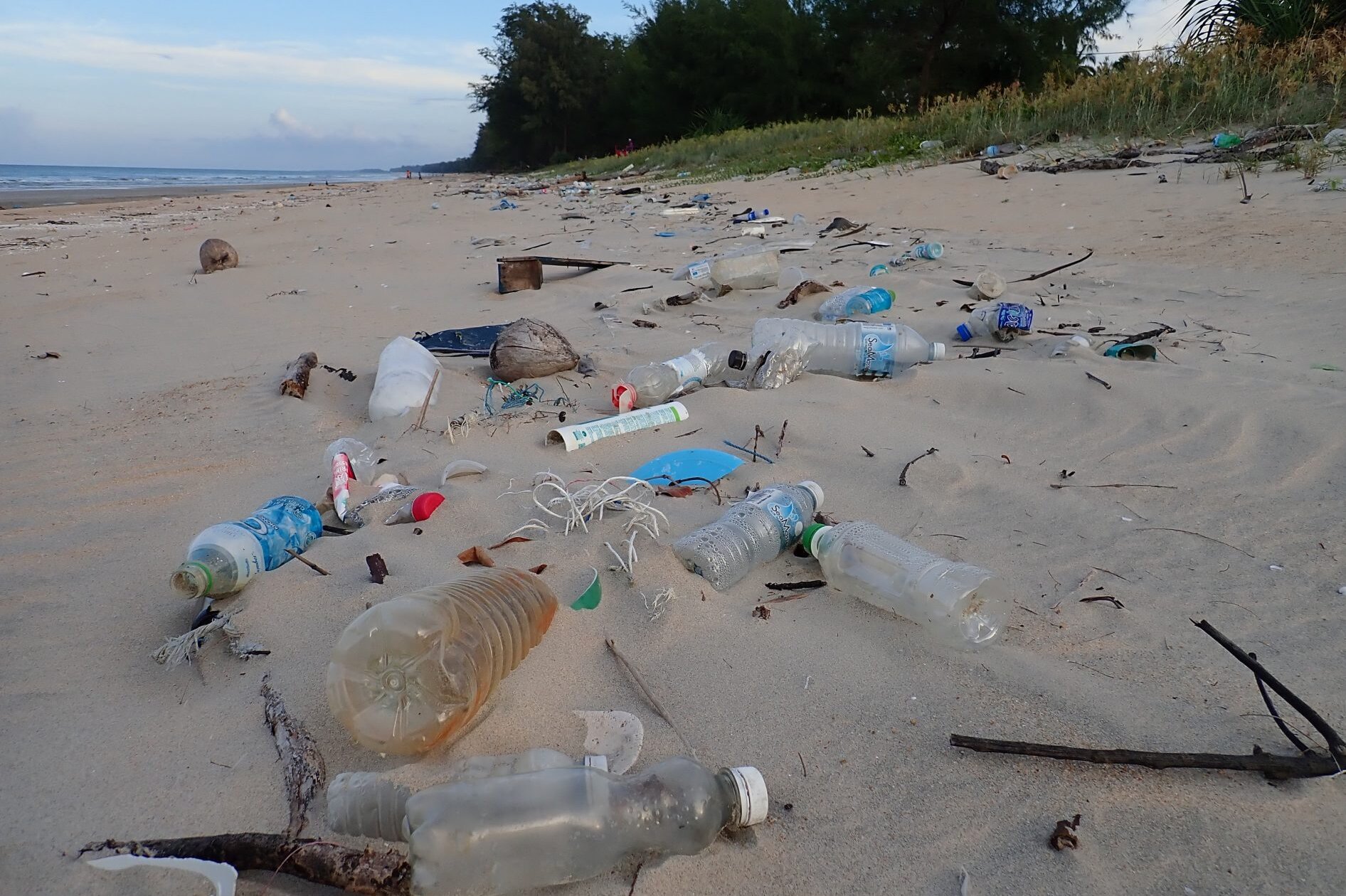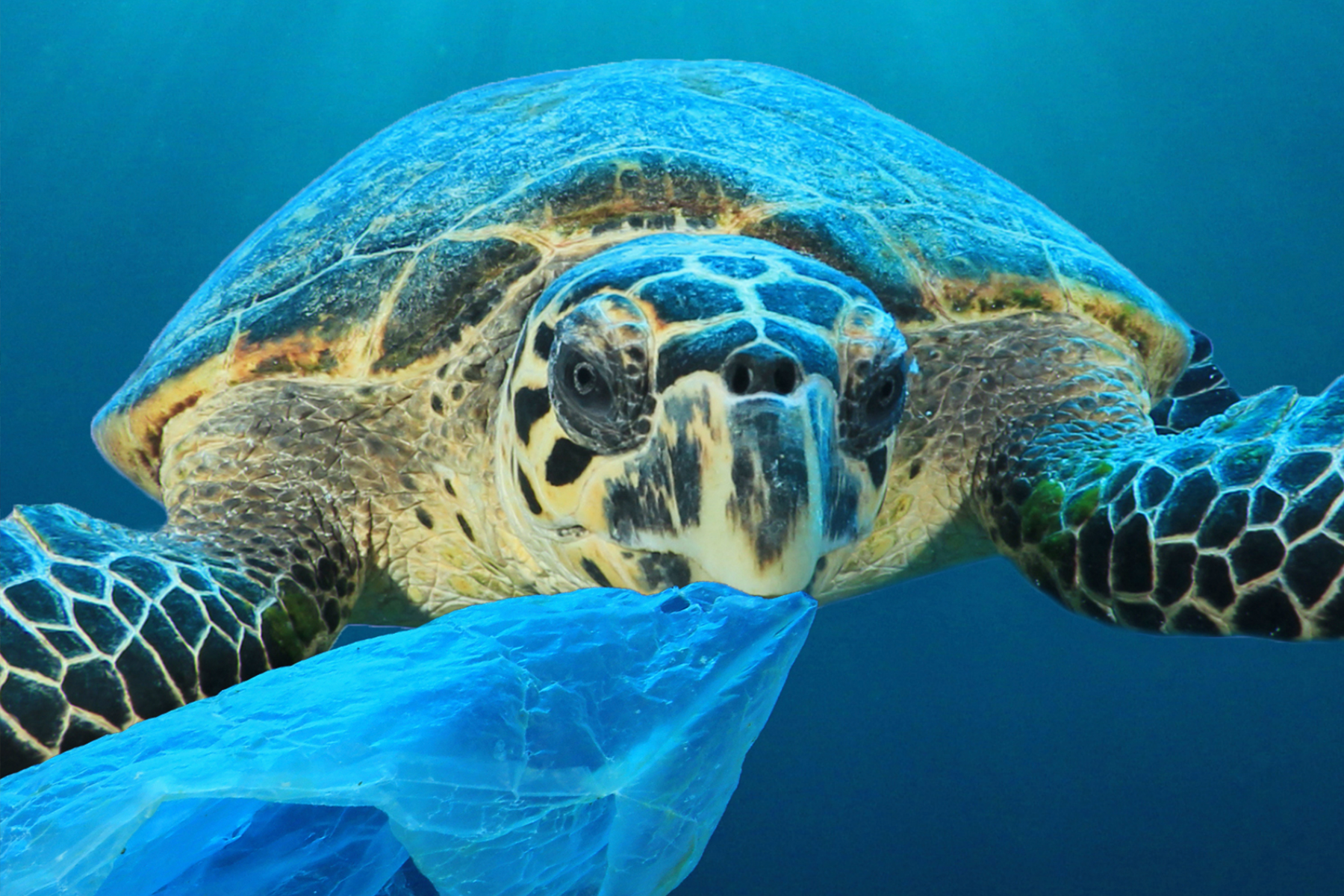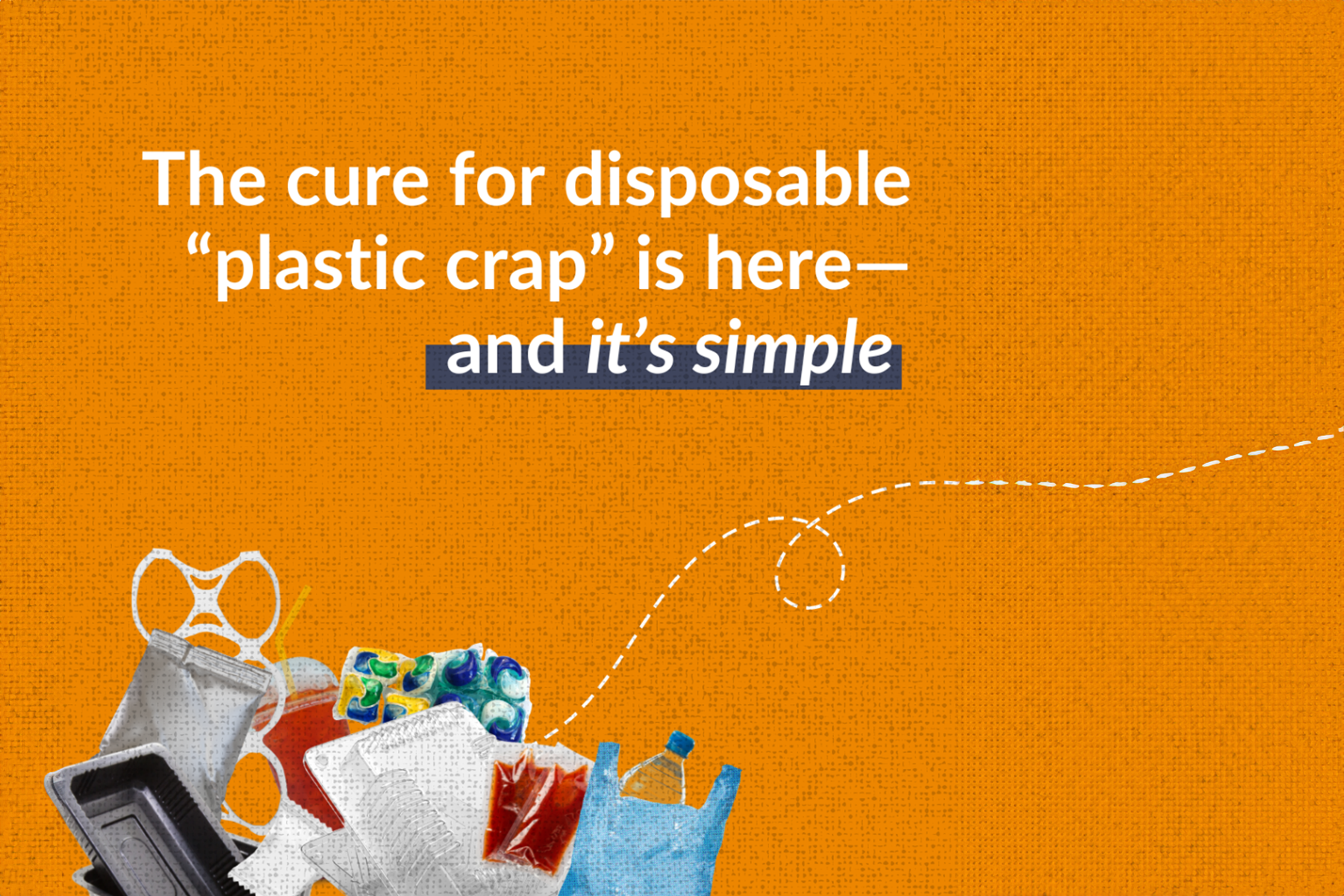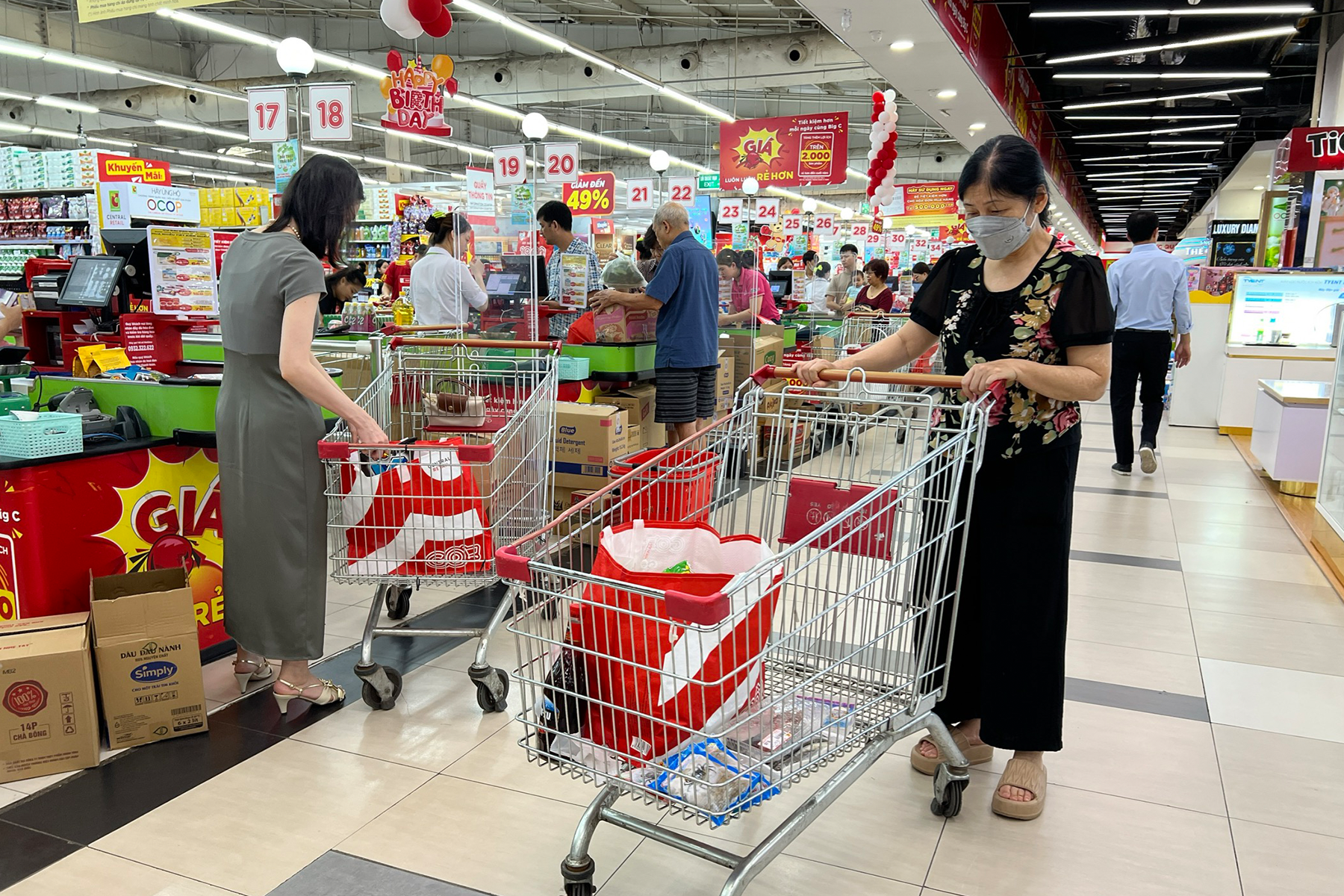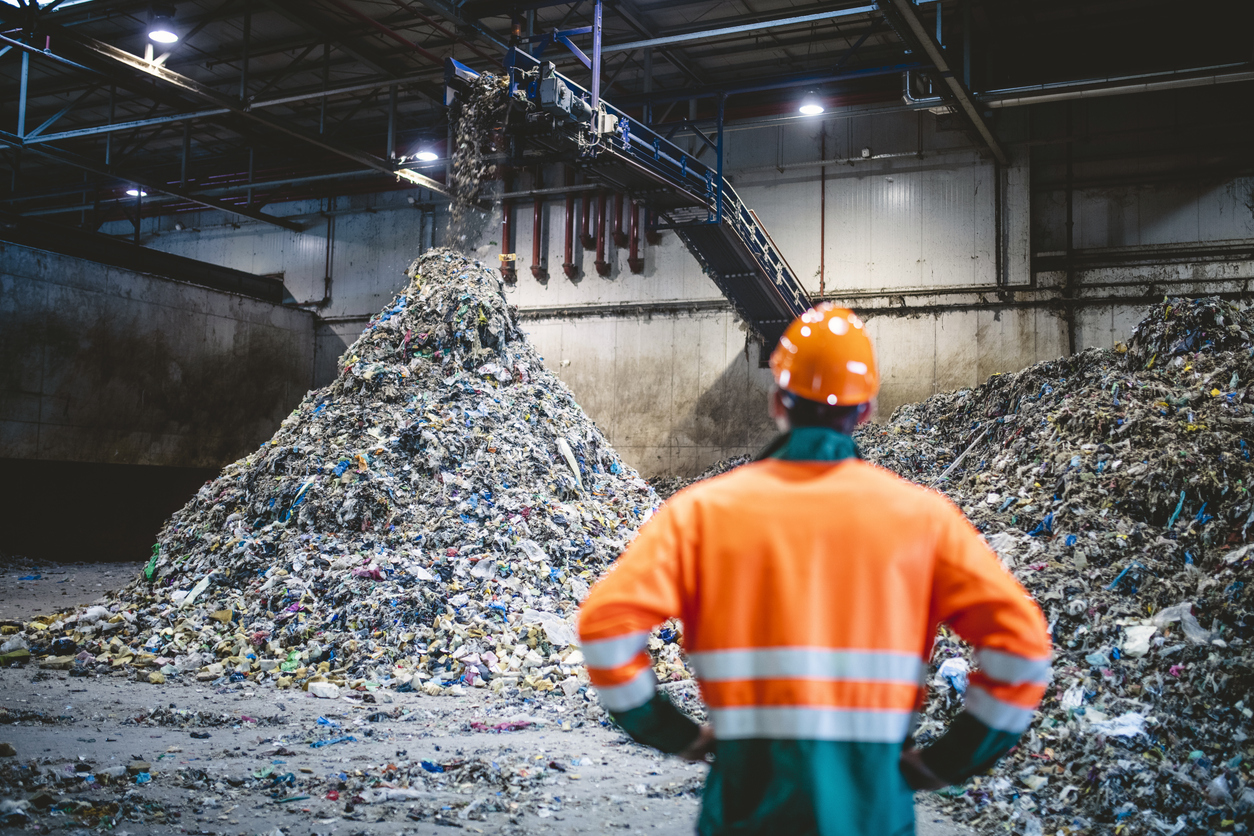Ending plastic pollution
Working with Pacific Rim partners on local, national and global plastic action
Plastic pollution is a serious threat to our environment, human health and climate. From our oceans to the food we eat and even within our bodies, plastic is found everywhere at increasingly alarming amounts. Every day, 2,000 garbage trucks’ worth of plastic pollutes our oceans, rivers and lakes, endangering marine life and ecosystems. Microplastics have even been detected in nearly every part of the human body, including blood, brain, lungs, testicles and breast milk.
What’s more, 99% of plastic is made from fossil fuels and emits greenhouse gases throughout its life cycle. If plastic were a country, it would rank as the fifth-largest greenhouse gas emitter. In the past 70 years, plastic production has surged by over 22,000%.
That’s why we aim to reduce plastic production by 75% and phase out single-use plastics by 2040 — vital steps to keep global warming within 1.5°C. Addressing the interconnected crises of climate change, biodiversity loss and pollution requires systemic change to prevent further harm.
Our approach to addressing plastics’ threats to our climate, health and environment
Promote science-based reduction targets
We advocate for policies to phase out single-use plastics and set binding reduction targets to meet the 1.5°C goal.
Drive sectoral approaches to reduce plastic
We work with industry sectors — such as tourism, education, healthcare, hospitality, food and beverage and e-commerce — to phase out single-use plastic and promote reuse alternatives.
Encourage reuse solutions
We support design, testing and policies to enable new non-toxic reuse systems and reuse economies to emerge. We support financial incentives and policy mechanisms that can help companies and governments scale up reuse solutions.
End false solutions
We call for an end to polluting and inefficient practices that have been touted as solutions to plastic pollution. These include waste-to-energy and chemical recycling.
Phase out waste trade
To ensure that real solutions can take root, we must phase out waste trade, whereby toxic or hazardous wastes — including plastic — are exported by developed countries to developing countries, such as those in Asia Pacific.
Provide a just transition for waste workers
We aim to ensure that waste workers, including waste pickers (informal recyclers), are prioritized in the transition to eliminating plastic pollution.
Support an effective, strong Global Plastics Treaty
We support efforts by the United Nations to design and implement an effective Global Plastics Treaty to end plastic pollution. Learn more about our work at the negotiations.
Facts about the plastic crisis
- Plastic production increased exponentially, from 2.3 million tons in 1950 to 448 million tons in 2015, and production is expected to double again by 2050.
- About 60% of the plastic produced ends up leaked or dumped into the environment.
- About 44% of plastic produced is for single-use plastic packaging: plastic that is used once and then disposed of.
- Only 9% of annual plastic waste is recycled and there are many technical and financial barriers that make it hard to recycle plastics. More emphasis needs to be placed on reduction and non-toxic reuse.
- 99% of plastics are created from carbon intensive fossil fuel feedstocks. Petrochemicals are expected to become the largest driver of global oil demand growth from now through 2030 with huge impacts for climate.
- People in the U.S. consume from 39,000 to 52,000 particles of microplastics every year. Some research has linked the particles with lung inflammation, shortness of breath and a higher risk of lung cancer.
Our featured work
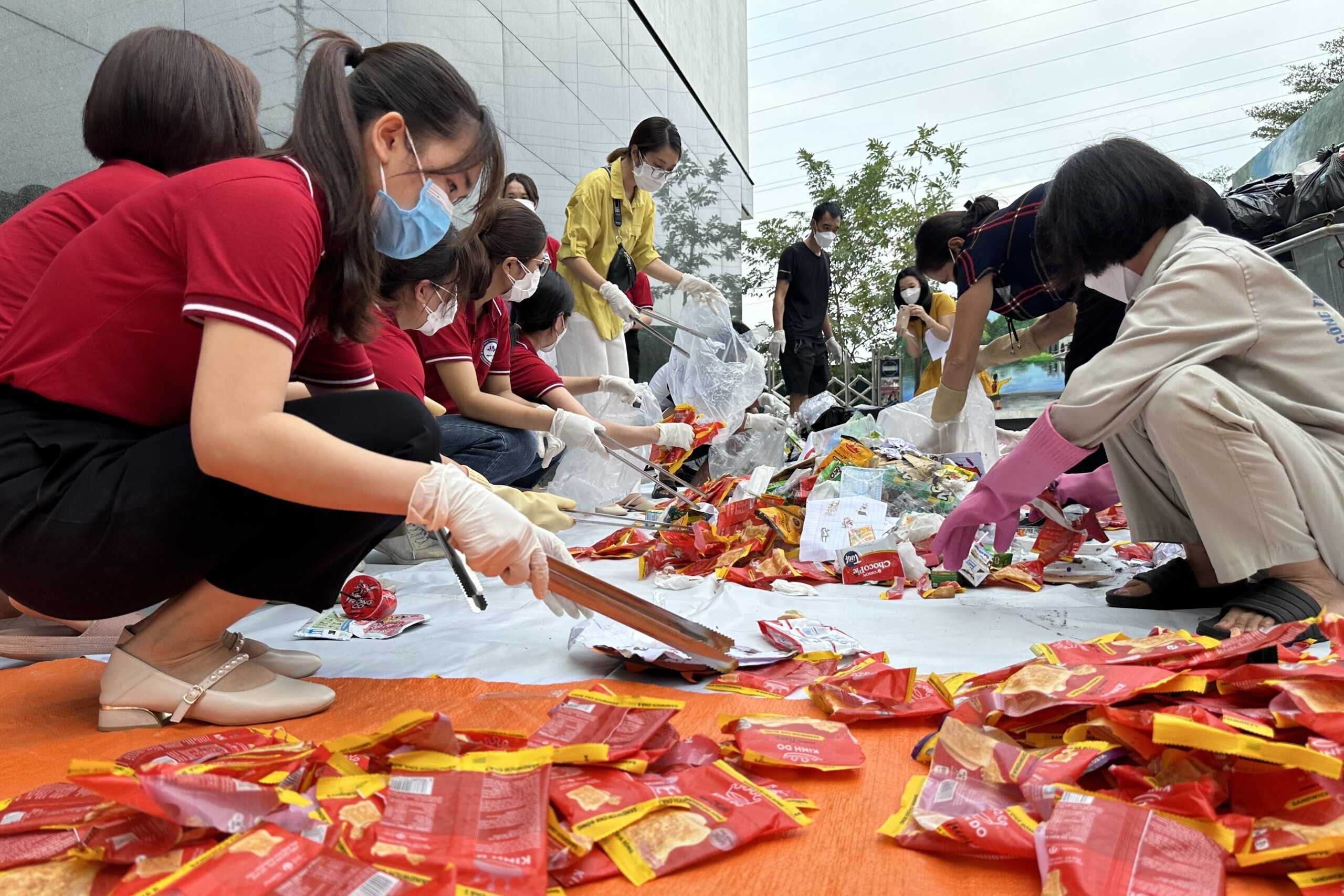
VIETNAM
Building a future of reuse
Pacific Environment works with governments, NGOs and other allies in Vietnam to reduce plastic pollution by curbing single-use plastic, promoting reuse and supporting local zero waste solutions. We work closely with the Vietnam Zero Waste Alliance and other partners providing communications support, technical support, coordination and grant support.

CHINA
Advocating for plastic reduction in key sectors
In China, Pacific Environment focuses on reducing plastic pollution by working with sectors like hospitality and fast-moving consumer goods, where we advocate for comprehensive commitments to reducing plastic waste. We conduct research and circulate our reports to elevate plastic pollution risks and solutions, and we work to support local partners in their efforts to promote zero waste solutions.
Stay connected
Become a part of Pacific Environment’s community! Sign up now and you will receive updates and critical opportunities to take action and help protect our planet from climate breakdown, air pollution, water loss and plastic waste.
Our resources
Our partners
Turning the tide on the plastic-climate crisis cannot happen alone, which is why Pacific Environment works with organizations and community groups around the world to combat fossil-fueled plastic pollution together.
Get involved: Say no to single-use plastics
Join Pacific Environment’s “Bring Your Own Cup” campaign! When visiting cafes or bubble tea shops, bring a reusable cup to reduce plastic waste, and share your efforts with #BYOC_BubbleTea on social media.
